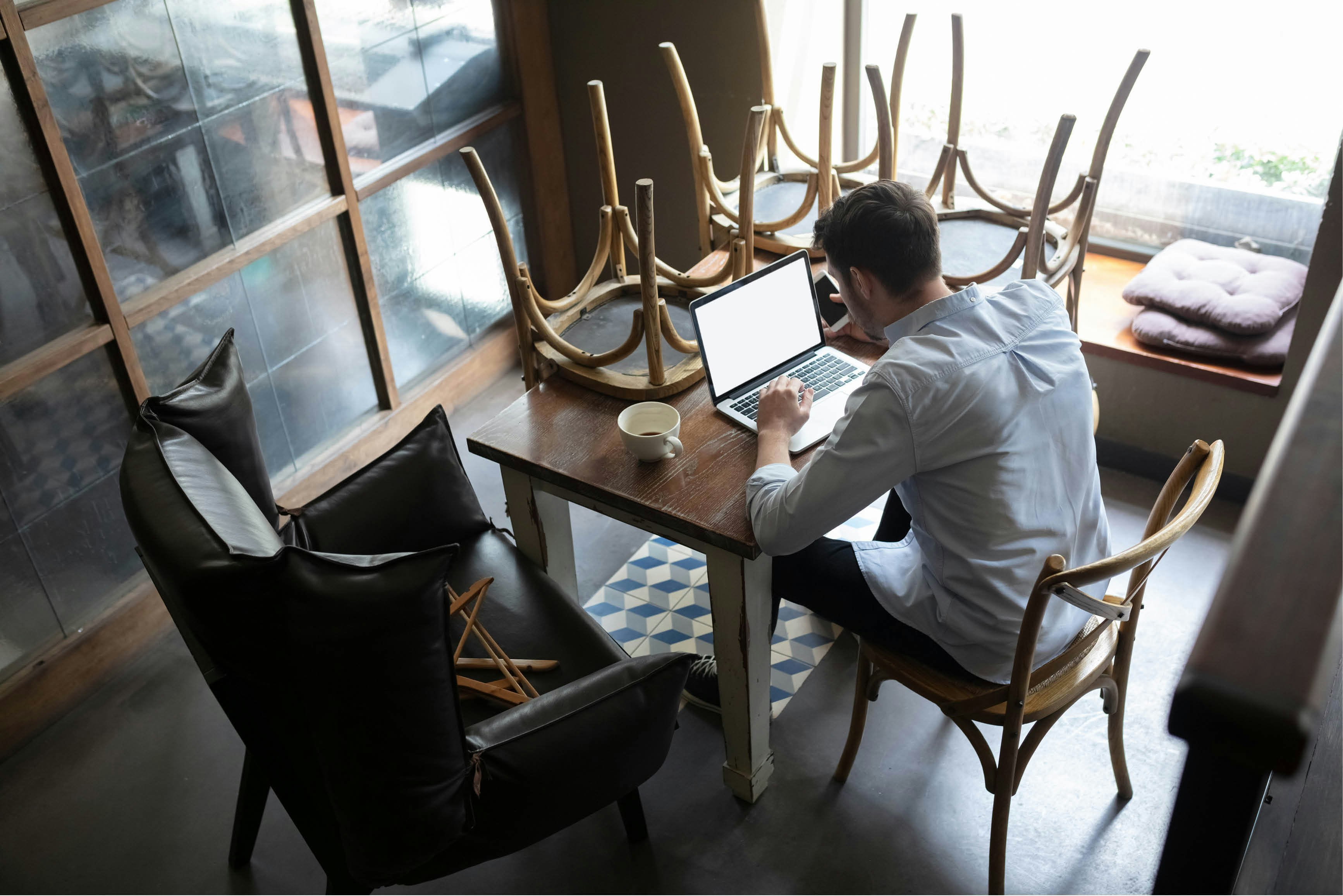Supporting colleagues through loss and hard times
This booklet provides you with information about the experience of loss and grief, and how you can help support workmates through this difficult time.
Adverse events, such as natural disasters or public health crises, can have a significant impact on the mental health and wellbeing of communities and individuals, especially small business owners.
Being directly or indirectly impacted by an adverse event, such as drought, bushfires or the COVID-19 outbreak can bring about a range of stressful thoughts, feelings and behaviours for individuals.
Small businesses can be impacted by adverse events in unique ways, as there is potential for damage to business premises and stock, loss or reduction of income, handling multiple insurance claims (i.e. personal and business), and disrupted trading conditions. Adverse events can therefore be quite stressful for small business owners, as well as being traumatic.
What are some of the signs small business owners should be looking out for that may indicate an impact on their mental health and wellbeing following an adverse event?
What can small business owners do to help cope with stress and trauma during and following an adverse event?
While everyone reacts differently to traumatic experiences and memories, you may want to seek support from a GP or mental health professional and encourage others to do so if you notice signs of distress. If your daily functioning is seriously affected for over a month following an adverse event, it's important to talk to a GP or mental health professional.
There are a range of services available for small businesses and their owners who wish to seek business support or mental health support due to the impact of an adverse event.
Everyone can use a hand following an adverse event, and the sooner you access support, the sooner you can get back on your feet and your business back on track.
Learn more about coping with adverse events via the 'further reading' links below.
Do you have a resource for small business owners impacted by adverse events? Contact our team: [email protected]
This booklet provides you with information about the experience of loss and grief, and how you can help support workmates through this difficult time.
The Australian Government has compiled a variety of resources to help businesses, including information on COVID-19 and workplace health and safety.
A brief article outlining some of the common symptoms of stress, as well as some self-care techniques you can implement to look after yourself.
If you have been impacted by a traumatic event, this page describes warning signs to look out for, as well as ways to cope with trauma.
Beyond Blue has developed a series of breathing, muscle relaxation, and guided visualisation exercises to help you relax and cope with stress.

Learn about the impact of bushfires on the mental health of small business owners, tips to manage your distress and where to find support.

Drought can have a major economic impact on small businesses, and the uncertainty it brings can contribute to the mental health concerns of small business owners in affected areas.

Life is full of unexpected events, which can impact you and your business. Building resilience helps us mentally prepare for adverse circumstances in our lives.

Learn about the risks to mental health from floods and what you can do to build personal and business resilience.